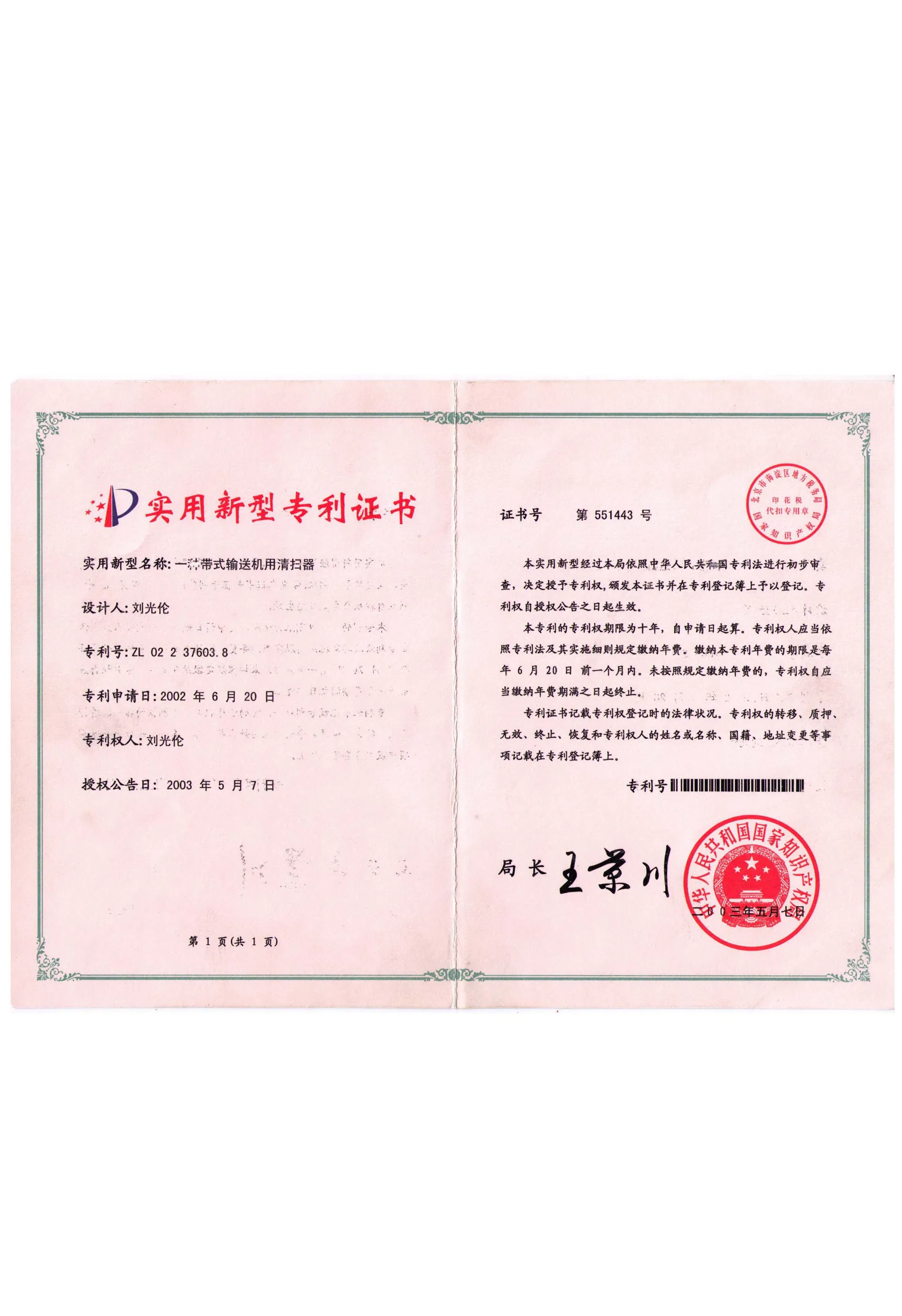 Afrikaans
Afrikaans  Albanian
Albanian  Amharic
Amharic  Arabic
Arabic  Armenian
Armenian  Azerbaijani
Azerbaijani  Basque
Basque  Belarusian
Belarusian  Bengali
Bengali  Bosnian
Bosnian  Bulgarian
Bulgarian  Catalan
Catalan  Cebuano
Cebuano  Corsican
Corsican  Croatian
Croatian  Czech
Czech  Danish
Danish  Dutch
Dutch  English
English  Esperanto
Esperanto  Estonian
Estonian  Finnish
Finnish  French
French  Frisian
Frisian  Galician
Galician  Georgian
Georgian  German
German  Greek
Greek  Gujarati
Gujarati  Haitian Creole
Haitian Creole  hausa
hausa  hawaiian
hawaiian  Hebrew
Hebrew  Hindi
Hindi  Miao
Miao  Hungarian
Hungarian  Icelandic
Icelandic  igbo
igbo  Indonesian
Indonesian  irish
irish  Italian
Italian  Japanese
Japanese  Javanese
Javanese  Kannada
Kannada  kazakh
kazakh  Khmer
Khmer  Rwandese
Rwandese  Korean
Korean  Kurdish
Kurdish  Kyrgyz
Kyrgyz  Lao
Lao  Latin
Latin  Latvian
Latvian  Lithuanian
Lithuanian  Luxembourgish
Luxembourgish  Macedonian
Macedonian  Malgashi
Malgashi  Malay
Malay  Malayalam
Malayalam  Maltese
Maltese  Maori
Maori  Marathi
Marathi  Mongolian
Mongolian  Myanmar
Myanmar  Nepali
Nepali  Norwegian
Norwegian  Norwegian
Norwegian  Occitan
Occitan  Pashto
Pashto  Persian
Persian  Polish
Polish  Portuguese
Portuguese  Punjabi
Punjabi  Romanian
Romanian  Russian
Russian  Samoan
Samoan  Scottish Gaelic
Scottish Gaelic  Serbian
Serbian  Sesotho
Sesotho  Shona
Shona  Sindhi
Sindhi  Sinhala
Sinhala  Slovak
Slovak  Slovenian
Slovenian  Somali
Somali  Spanish
Spanish  Sundanese
Sundanese  Swahili
Swahili  Swedish
Swedish  Tagalog
Tagalog  Tajik
Tajik  Tamil
Tamil  Tatar
Tatar  Telugu
Telugu  Thai
Thai  Turkish
Turkish  Turkmen
Turkmen  Ukrainian
Ukrainian  Urdu
Urdu  Uighur
Uighur  Uzbek
Uzbek  Vietnamese
Vietnamese  Welsh
Welsh  Bantu
Bantu  Yiddish
Yiddish  Yoruba
Yoruba  Zulu
Zulu Conveyor Belt Cleaning Solutions for Enhanced Industrial Efficiency and Maintenance
The Importance of Conveyor Cleaners in Modern Industry
In today's fast-paced industrial environment, efficiency and cleanliness go hand in hand. Conveyor systems are integral to a wide variety of manufacturing processes, transporting materials from one point to another seamlessly. However, as essential as these systems are, they can also be hotspots for contamination and inefficiency if not properly maintained. This is where conveyor cleaners come into play.
Conveyor cleaners are specialized tools designed to remove debris, dust, and other contaminants from conveyor belts. The importance of these devices cannot be overstated, especially in industries such as food processing, pharmaceuticals, and manufacturing, where cleanliness is critical to maintaining product integrity and compliance with regulatory standards.
One of the primary functions of conveyor cleaners is to ensure that the conveyor system operates smoothly. When debris accumulates on conveyor belts, it can cause a range of issues, including belt slippage, increased wear and tear on machinery, and even complete system failure. Regular cleaning of the conveyor belt helps prevent these problems, thereby reducing downtime and maintenance costs. In a production setting, where every second counts, the efficiency provided by a clean conveyor system can significantly impact overall productivity.
Moreover, conveyor cleaners play a crucial role in maintaining food safety standards. In the food processing industry, cross-contamination can lead to serious health risks and substantial financial losses. Conveyor cleaners help to eliminate residues from previous products, ensuring that the belt is sanitized before new materials are transported. This is particularly important in facilities that handle multiple product lines, as the risk of allergens or harmful substances contaminating food products can have dire consequences. By implementing a comprehensive cleaning protocol that utilizes effective conveyor cleaners, facilities can safeguard consumer health and enhance their reputation.
conveyor cleaner

In addition to hygiene and efficiency, implementing conveyor cleaning systems can also extend the lifespan of the conveyor equipment itself. Over time, build-up from materials can lead to corrosion, degradation of components, and eventual breakdowns. This not only requires costly repairs but can also disrupt production schedules. By investing in quality conveyor cleaners and establishing a routine cleaning schedule, companies protect their equipment from premature wear and tear, thus maximizing their return on investment.
The technology behind conveyor cleaners has evolved significantly over the years. Modern systems are equipped with various cleaning mechanisms, including brushes, scrapers, and wash systems, which can be tailored to suit the specific requirements of different industries. For instance, in environments where hygiene is paramount, automatic cleaning systems can be integrated, ensuring that conveyor belts are cleaned thoroughly and efficiently without the need for manual intervention. Furthermore, innovations in materials and design have made these cleaners more effective, durable, and user-friendly.
As industries continue to grow and evolve, the emphasis on cleanliness, efficiency, and safety remains paramount. Investing in conveyor cleaners not only enhances operational efficiency but also aligns with the overarching goals of sustainability. By reducing waste and increasing productivity, companies can contribute to a more sustainable industrial landscape.
In conclusion, conveyor cleaners are vital tools in ensuring that conveyor systems operate optimally. They enhance efficiency, maintain safety standards, protect equipment, and ultimately contribute to the smooth functioning of production lines. As industries recognize the multifaceted benefits of these cleaning systems, the demand for innovative and effective conveyor cleaners will undoubtedly continue to rise, shaping the future of industrial cleaning practices. By prioritizing cleanliness and maintenance, businesses not only protect their assets but also foster an environment conducive to success and growth.
-
Revolutionizing Conveyor Reliability with Advanced Rubber Lagging PulleysNewsJul.22,2025
-
Powering Precision and Durability with Expert Manufacturers of Conveyor ComponentsNewsJul.22,2025
-
Optimizing Conveyor Systems with Advanced Conveyor AccessoriesNewsJul.22,2025
-
Maximize Conveyor Efficiency with Quality Conveyor Idler PulleysNewsJul.22,2025
-
Future-Proof Your Conveyor System with High-Performance Polyurethane RollerNewsJul.22,2025
-
Driving Efficiency Forward with Quality Idlers and RollersNewsJul.22,2025





























